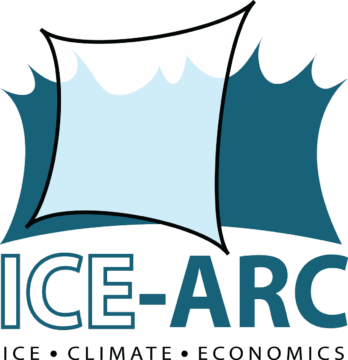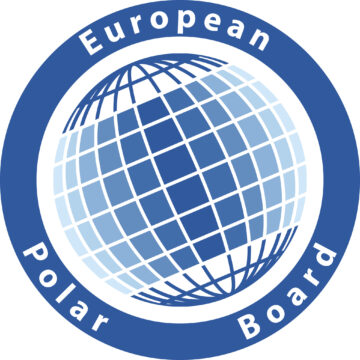COP21 Side Event: Climate Change in the Arctic

- This event has passed.

Arctic Change – What this means for you
This 90-minute European Commission Briefing Session, hosted by ICE-ARC, EU-PolarNet, and the European Polar Board, focusses on the increased prominence of Arctic issues for European politics, economics and society.
The Arctic has been described as a barometer for the health of the global environment; it is a region in a state of flux. Long-term temperature records have revealed that the Arctic has warmed more than other regions. This ‘Arctic amplification’ of global warming has led to major and quantifiable changes across the region from changing atmospheric circulation patterns and the melting of glaciers and ice sheets, through to the thawing of permafrost and the changing of the physical environment in, on, and above the Arctic Ocean.
Increased global focus on the Arctic brings significant regional opportunities and possibilities, such as new shipping routes, fisheries, and hydrocarbon extraction. But with this comes the potential for conflict and risks to human activities across the region and the globe, including potential impacts to economic sectors far from the Arctic region due to inbuilt feedbacks within the global climate system.
Keynote speakers
- Peter Horvath, Directorate General for Research and Innovation, European Commission. Climate Change in the Arctic: Local, Regional, and Global Impacts
- Sir David King, FCO Special Representative for Climate Change. The Physical Basis of Arctic Change
- Jean-Claude Gascard, Senior Scientist, Centre National de la Recherche Scientifique (CNRS). Scenarios for Arctic change and Global Consequences
- Anthony Hobley, Carbon Tracker Initiative. Economic Impact of Arctic change; regional and global contexts
- Sheila Watt-Cloutier, Former Chair of the Inuit Circumpolar Conference and winner of the Right Livelihood Award 2015. Societal Consequences of Arctic change; regional and global contexts
- Thorben Hoffmeister, Executive Officer Geopolitics, Bundeswehr Geoinformation Center (ZGeoBw). Geopolitical and Security Consequences of Arctic Change
Organiser
Heather Martin and Dr Jeremy Wilkinson, British Antarctic Survey on behalf of:
European Commission (Directorate- General for Research and Innovation ), EU ICE-ARC Arctic Programme, EU Polarnet Arctic programmes, European Polar Board
See also NERC activities for COP21


